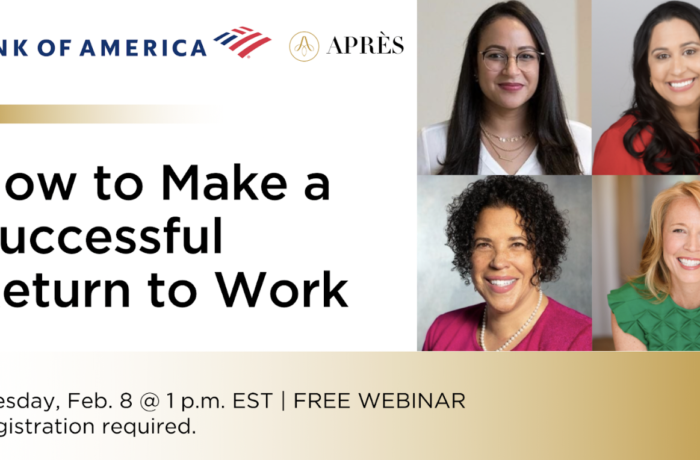I’m not a big fan of multi-tasking, if only because it points out what crazy, busy lives we lead. So I paused when I read the November obituary of Stanford University professor Clifford Nass, who conducted groundbreaking work on the brain-ravaging effects of multi-tasking.
In a 2009 study, Nass found that multi-taskers aren’t the efficient, high-functioning folks they – and we — think they are. “It turns out multi-taskers are terrible at every aspect of multi-tasking,” he said in an interview with PBS’ Frontline. “They’re terrible at ignoring irrelevant information; they’re terrible at keeping information in their head nicely and neatly organized; and they’re terrible at switching from one task to another.”
And they’re also terrible at recognizing that they’re terrible multi-taskers. “One would think that if people were bad at multi-tasking, they would stop,” said Nass. “However, when we talk with the multi-taskers, they seem to think they’re great at it and seem totally unfazed and totally able to do more and more and more. [Yet] they’re suckers for irrelevancy. Everything distracts them.”
I’m sorry I never had a chance to interview Nass, but I’m glad I was able to dig into his research to get some ideas about how to dig ourselves out of our multi-tasking mania. It turns out there’s a very simple fix: Focus on one thing at a time. Easier said than done? “By doing less,” Nass found, “you might accomplish more.”
Starting with students
Nass based his thesis on observations of his students at Stanford, where he taught. At first, he was in awe of them, as they checked Facebook, talked on cell phones, tweeted, listened to music and flipped through their textbooks, all at the same time. He wanted to understand what gave such students their edge — what special “gift” that allowed them to power through so many activities and seemingly accomplish so much.
Nass and his colleagues hypothesized that heavy multi-taskers might be better at storing and organizing information or were able to switch between tasks faster than the average person. Perhaps these multi-tasking wonders also had better memories.
But Nass soon realized that those students, who wrote papers with short sentences and disconnected paragraphs, had no special gifts. In fact, the students were “living and writing in a staccato world” and were unable to conceive complex ideas, he said. That’s because they were constantly scanning the environment rather than focusing in on specific things.
“You’d see someone multitasking and go, ‘Ha ha ha, those wacky college kids — okay, they’ll grow out of it.’ And then you start looking around and go, ‘Wait a minute, they’re growing into it, not out of it.’ Little kids are growing up with it,” he told Frontline. “Older people are being stuck with it. We could essentially be undermining the thinking ability of our society. We could essentially be dumbing down the world.”
This wasn’t just an observation. Nass actually tested students and found that heavy multi-taskers are chronically distracted and focused on the irrelevant. “They’re pretty much mental wrecks,” Nass said. “They actually think they’re more productive.”
So how do we change things up? This is where Nass said a lot more research needed to be done. The first step, though, is admitting you are a lousy at multi-tasking, even if you think you’re great at it. Nass said he found no evidence that there is anyone — anyone — who is good at doing two tasks at the same time, let alone the three or four that most of the Stanford students routinely attempted. So if you think you’re the exception, and you’re actually a great multi-tasker, think again. You’re in denial.
The next step: Start concentrating on tasks and be aware of potential distractions, so that you can consciously shun them. Admittedly, this can be hard. Nass said he wasn’t sure if our brains, retrained to multi-task, could be retrained the other way. That’s because people were reluctant to give up their multi-tasking habits.
One thing he did discover: Multi-tasking might hamper creativity. While creative people might seem to accomplish many things, the one thing they’re really good at is focusing – putting all their brain power into a task or project to get the best result possible.
So before the end of the day, take a moment to be aware of what you’re doing and what’s stopping you from focusing on the task at hand. Then remember what Nass said: Less may actually be more. — Connie Guglielmo
This article was originally published on onethingnew.com.





